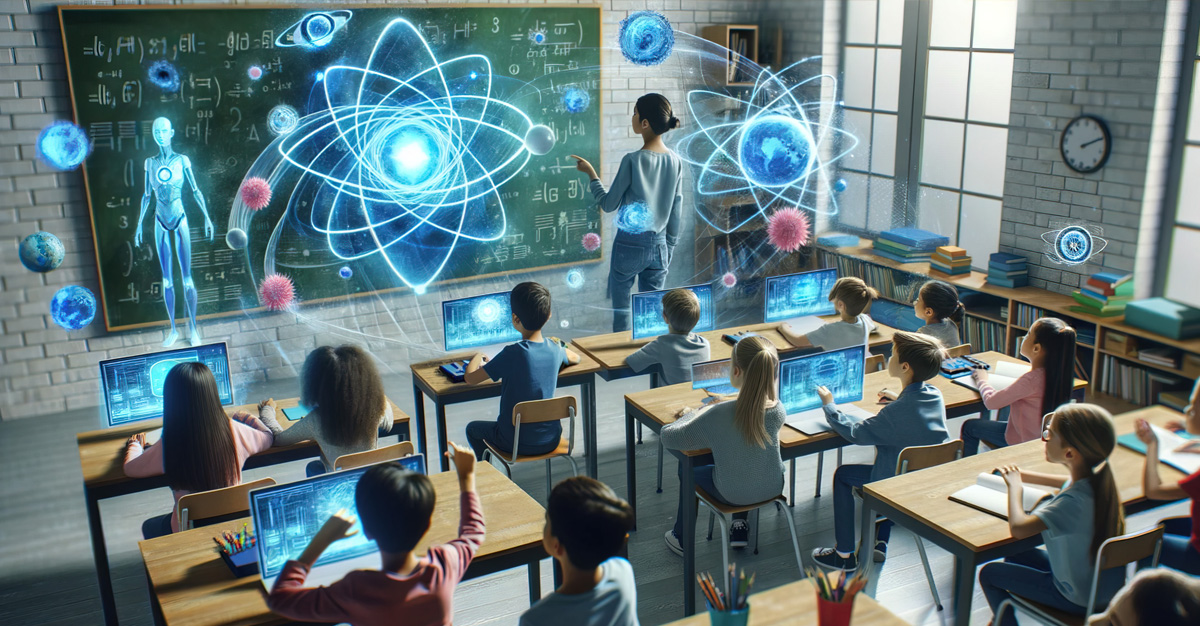Tema: El papel de la IA en las industrias 4.0 y 5.0
La Inteligencia Artificial es la habilidad de las máquinas para imitar comportamientos humanos inteligentes y desarrollar tareas similares a las humanas. Combina algoritmos que permiten a las computadoras: 1) Percibir su medio ambiente, 2) Aprender a partir de los datospercibidos, 3) Resolver problemas, y 4) Tomar decisiones apropiadas, con el objetivo de llevar a cabo funciones que hasta ahora sólo realizables por los seres humano. En esta conferencia se describen varias de las aplicaciones de IA actuales en el ámbito mundial en el marco de las industrias 4.0 y 5.0, en áreas como medio ambiente, manejo energético, seguridad, movilidad y salud. Se describen varios de los desarrollos tecnológicos que actualmente se llevan a cabo en el laboratorio en materia de salud. Posteriormente por qué la investigación básica y desarrollo tecnológico en inteligencia artificial debe ser apoyada. Más adelante, se presentan una serie de recomendaciones y acciones personales en esta dirección. Finalmente, se presentan las conclusiones.






